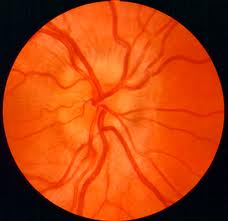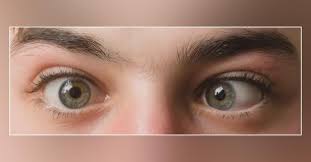Neuro ophthalmology
Neuro ophthalmology is the branch of Ophthalmology that deals with diseases of the eye in relation to the nervous system. These fall into two main groups:
Diseases affecting the optic nerve.
Diseases affecting eye movement.
1.Optic Nerve Diseases
The optic nerve is the only nerve in the body that can be directly examined by a doctor. It connects the eye to the brain. The optic nerve can be affected by:
optic neuritis ; Inflammation of optic nerve is normally indicated by the rapid onset of the loss of vision and colour vision associated with pain behind the eyes occurring especially during eye movements. Blood investigations and a MRI may be necessary to rule out connective tissue disease and multiple sclerosis. Treatment is with steroids.

- Ischaemia (a stroke of the optic nerve) manifests with the rapid onset of painless visual loss. It is most commonly related to hypertension, diabetes, hyperlipidaemia and smoking and treatment is usually directed at controlling them.
- Compression occurs due to a growth and exhibits slow, progressive, painless visual loss which is usually apparent on CT scan or MRI.
- Raised intracranial pressure can occur as a headache with early morning nausea or vomiting, transient loss of vision, or weakness or loss of balance. A CT Scan or MRI imaging and a lumbar puncture to obtain cerebrospinal fluid is usually necessary for analysis.
- Trauma
2.Eye Movement Disorders
These disorders present as double vision, blurred vision or ‘Unstable’ (shaky) vision and usually occurs due to the following.

- Local (orbital) disease causing restriction of movement.
- Disease affecting the nerves to the muscles causing weakness.
- Diseases affecting the transmission of signals between nerve and muscle.
- Diseases of the muscle.
- Diseases affecting portions of the brain that control movement.
The vision in each eye (when tested separately) is often normal but abnormal when both eyes are used. The patients will also have giddiness, unsteady gait, headaches or weakness involving other parts of the body.
Eye movement disorders that occur suddenly require urgent medical attention to rule out serious conditions such as a rupture of blood vessels supplying the brain.
Investigation and treatment is directed at the cause of the eye movement disorder.